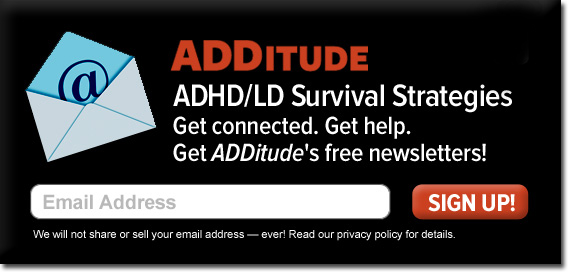Lessons Learned
Let me return to my own story. After my training years, I joined the faculty of a university-based medical school/medical center. Twelve years later, I moved to the National Institute of Mental Health. Later, I returned to a university medical center. Over those 40-plus years, my primary areas of research, clinical writing, and clinical work have focused on ADHD and on Learning Disabilities. During these years, the pendulum gradually swung from psychological to biological models for understanding normal behavior and psychopathology. Today the pendulum has shifted to the center, with equal attention on brain dysfunction and on psychological and social challenges.
Today, we know that a deficiency of a specific neurotransmitter in specific areas of the brain explains the difficulties found in a child or an adult who has ADHD. We know that certain medications correct the neurotransmitter deficiency, resulting in a reduction or elimination of these difficulties. We have also learned that medication alone is not enough. A person diagnosed with ADHD lives within a family and must function in the real world, with all of its expectations and demands. We cannot treat only the neurochemical deficiency.
There are still physicians, including some child and adolescent psychiatrists, who appear to have swung to one end of the arc. Their focus is too much on medication and too little on exploring the possible psycho-social and family challenges.
Let me give an example. A parent takes his or her child to the family doctor. The parent says: "His teacher says that he can't sit still and that he is not paying attention in class. I see the same things at home." The doctor hears hyperactivity and inattention, concludes that it is ADHD, and writes a prescription for a stimulant. What could the physician have missed? The restlessness and inattention may be the result of difficulties with academic tasks, possibly due to a Learning Disability. Or the difficulties might reflect stresses in the family because of problems between the parents. The hyperactivity could be the result of anxiety, not ADHD.
Doctors and parents must remember: Not all individuals who are hyperactive, inattentive, and/or impulsive have ADHD. The behaviors seen in children, adolescents, or adults who have ADHD might also be seen in individuals who have other disorders — depression, anxiety, and obsessive-compulsive disorder, to name a few. It is also possible that such behaviors are the result of a student's frustration at school because of LD, another brain-based disorder.
Takeaways for All of Us
It is important to determine whether the behaviors are neurologically based or psychologically based. We have clinical guidelines in our Diagnostic and Statistical Manual of Mental Disorders (DSM-V) to help distinguish between the two. If restlessness, inattention, organization difficulties, or impulsivity start at a certain time or occur only in certain situations, it is probably a psychological problem. If the behaviors are chronic (you have noticed them since early childhood) and pervasive (they occur at home, school/work, with peers), it is probably a brain-based problem, such as ADHD.
For your physician to make an ADHD diagnosis, he or she must show that the behaviors observed are the result of brain-based problems, not psychological, family, or social stresses. How is this done? 1) Document which behaviors a child or adult has. 2) Show that these behaviors are chronic. 3) Show that these behaviors are pervasive. If the identified behaviors started at a certain stage of life or occur only in certain situations, ADHD should not be considered.
It has been a wonderful 40 years for me, being part of the transition from a psychological model for understanding behavior to a model involving biological, psychological, and social factors. In large part, the study of ADHD led the way.





